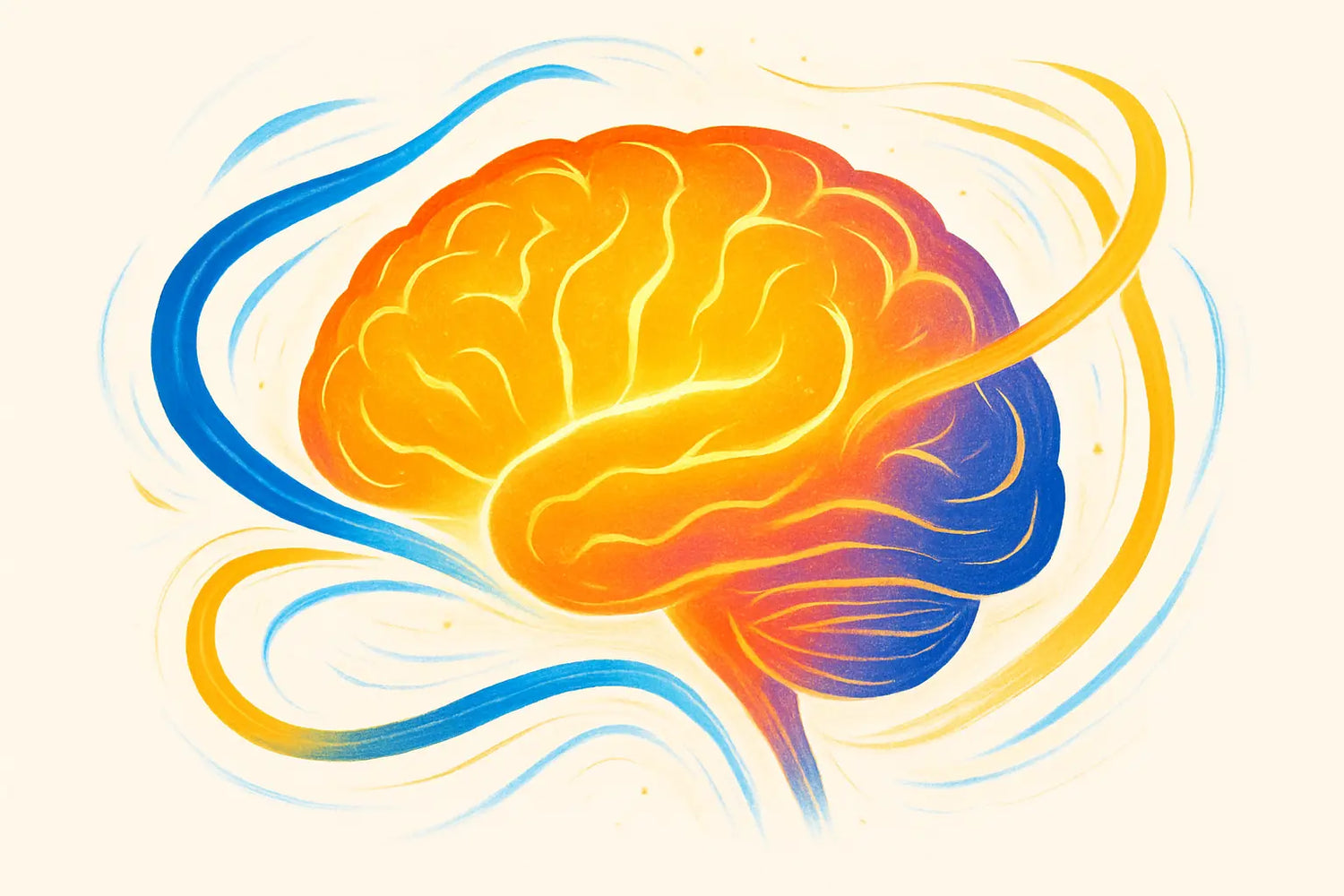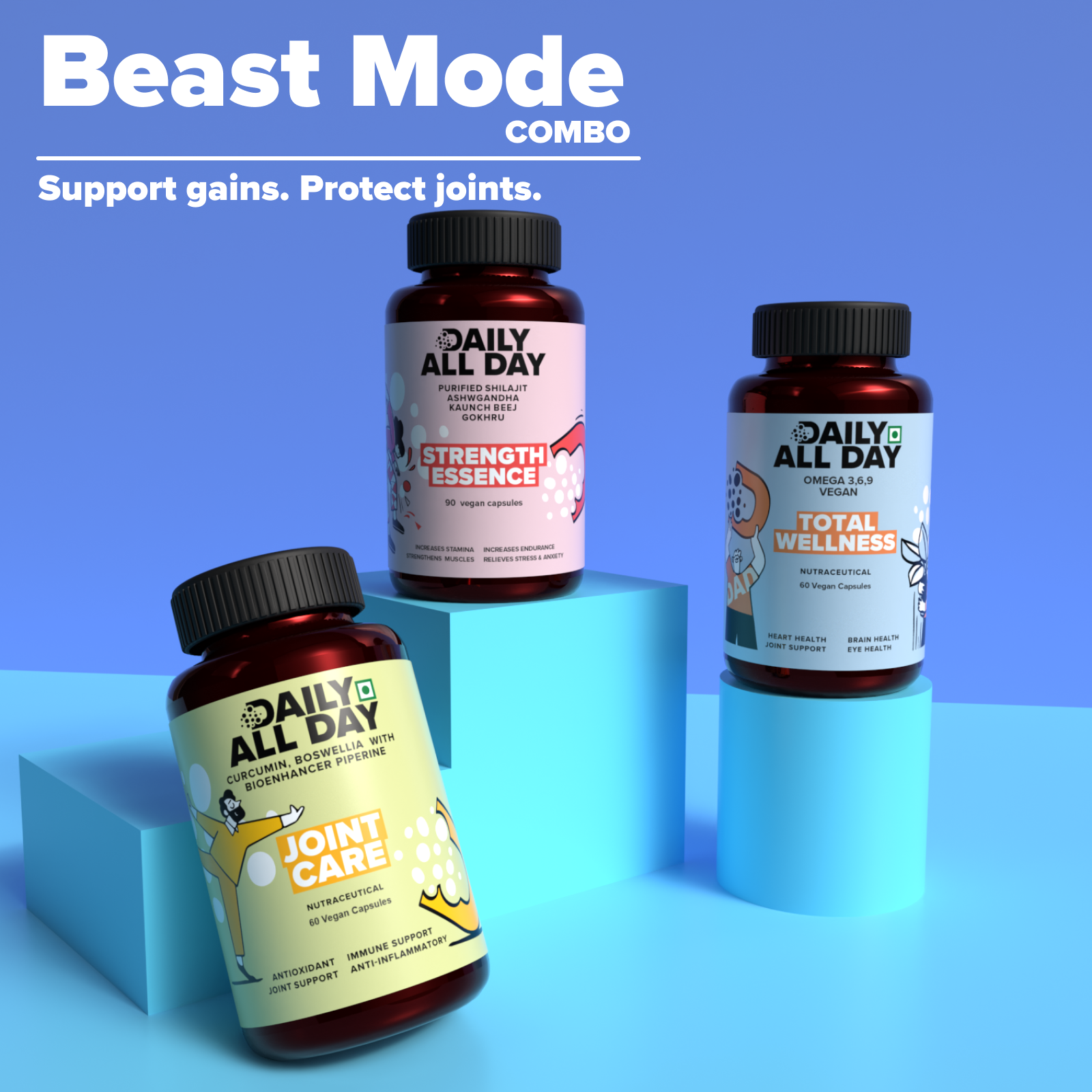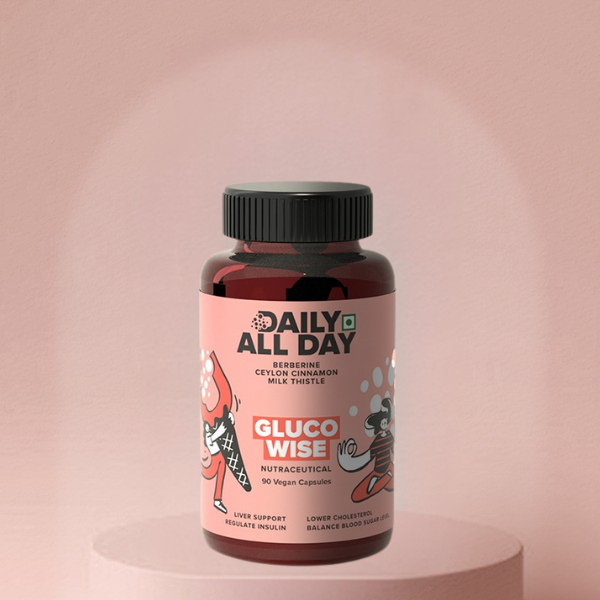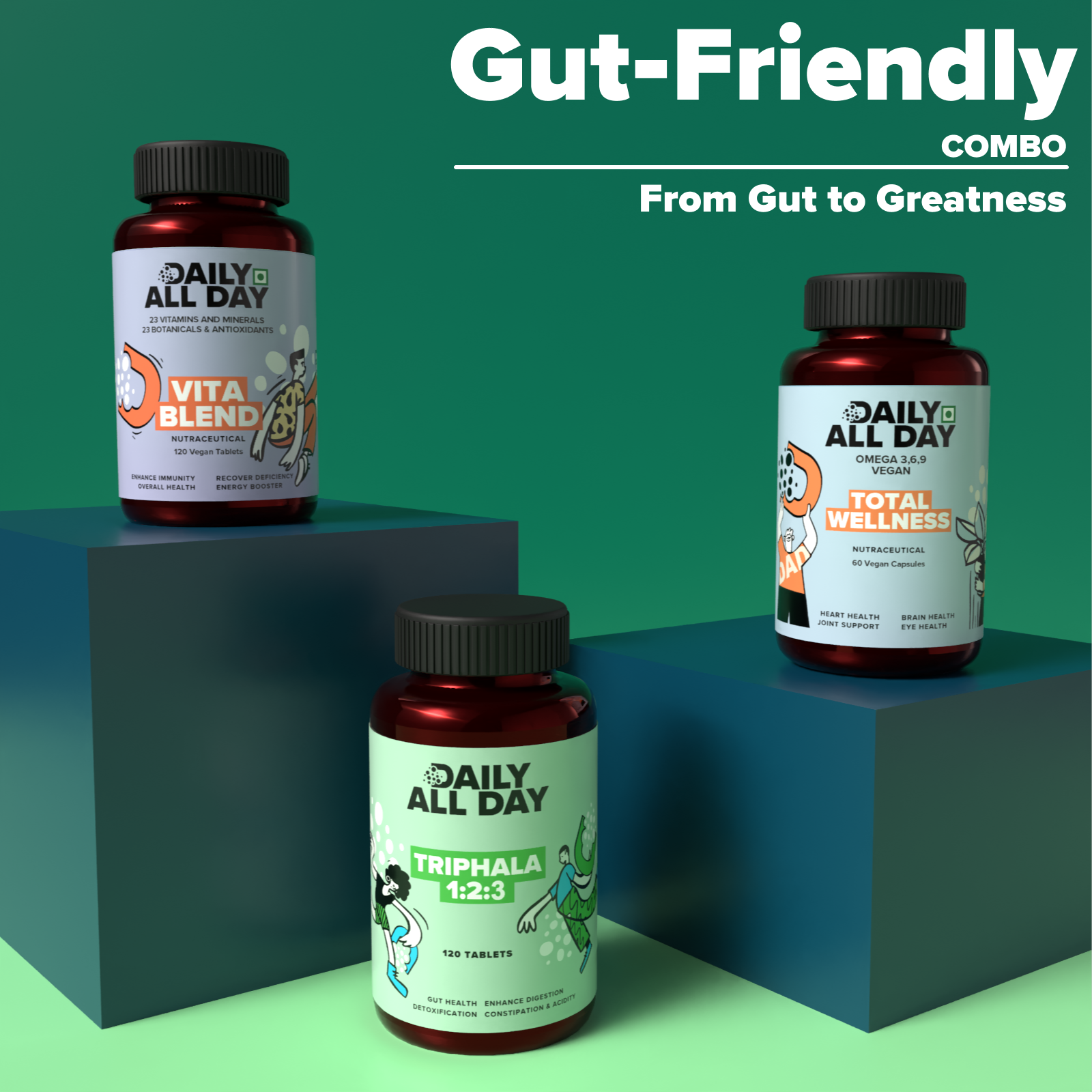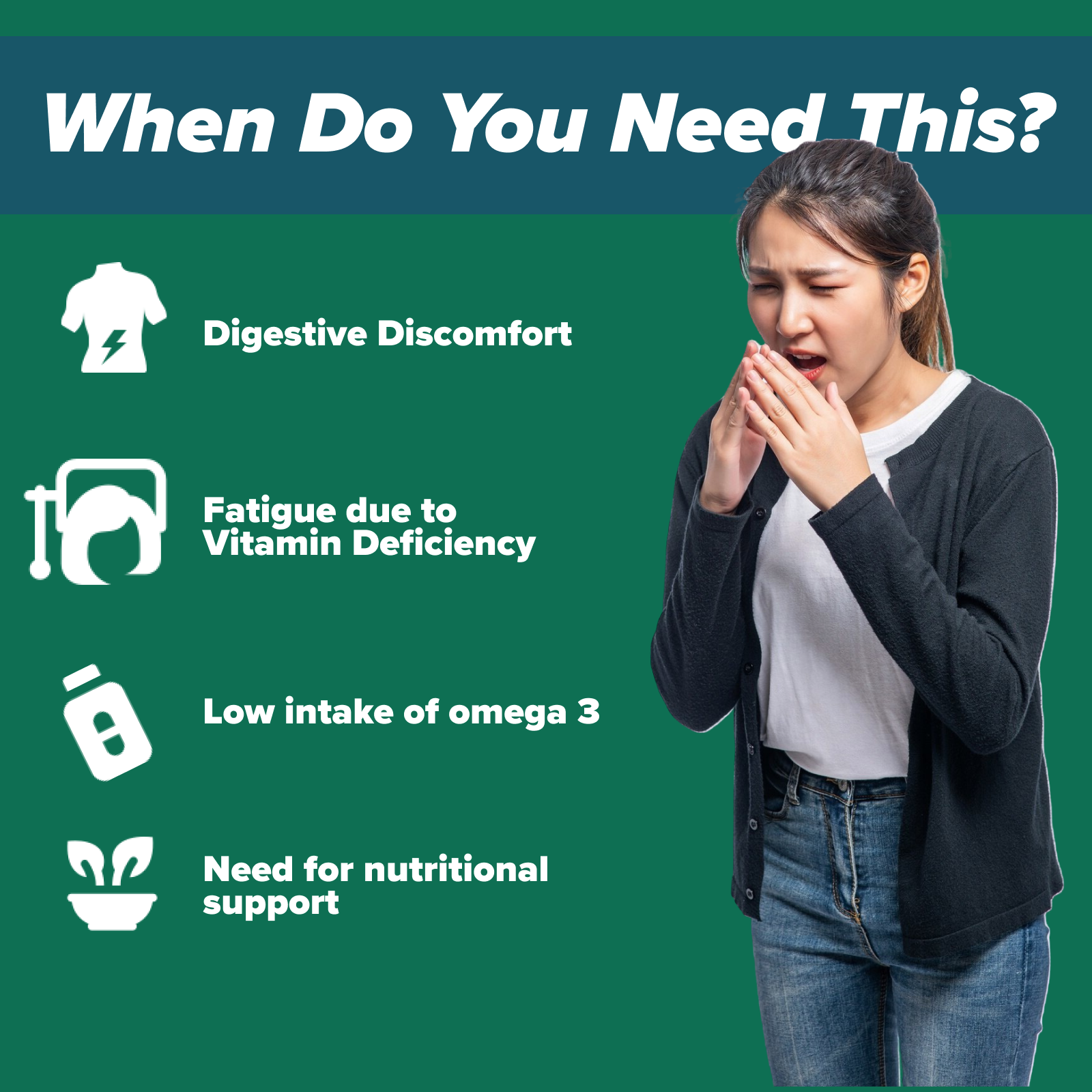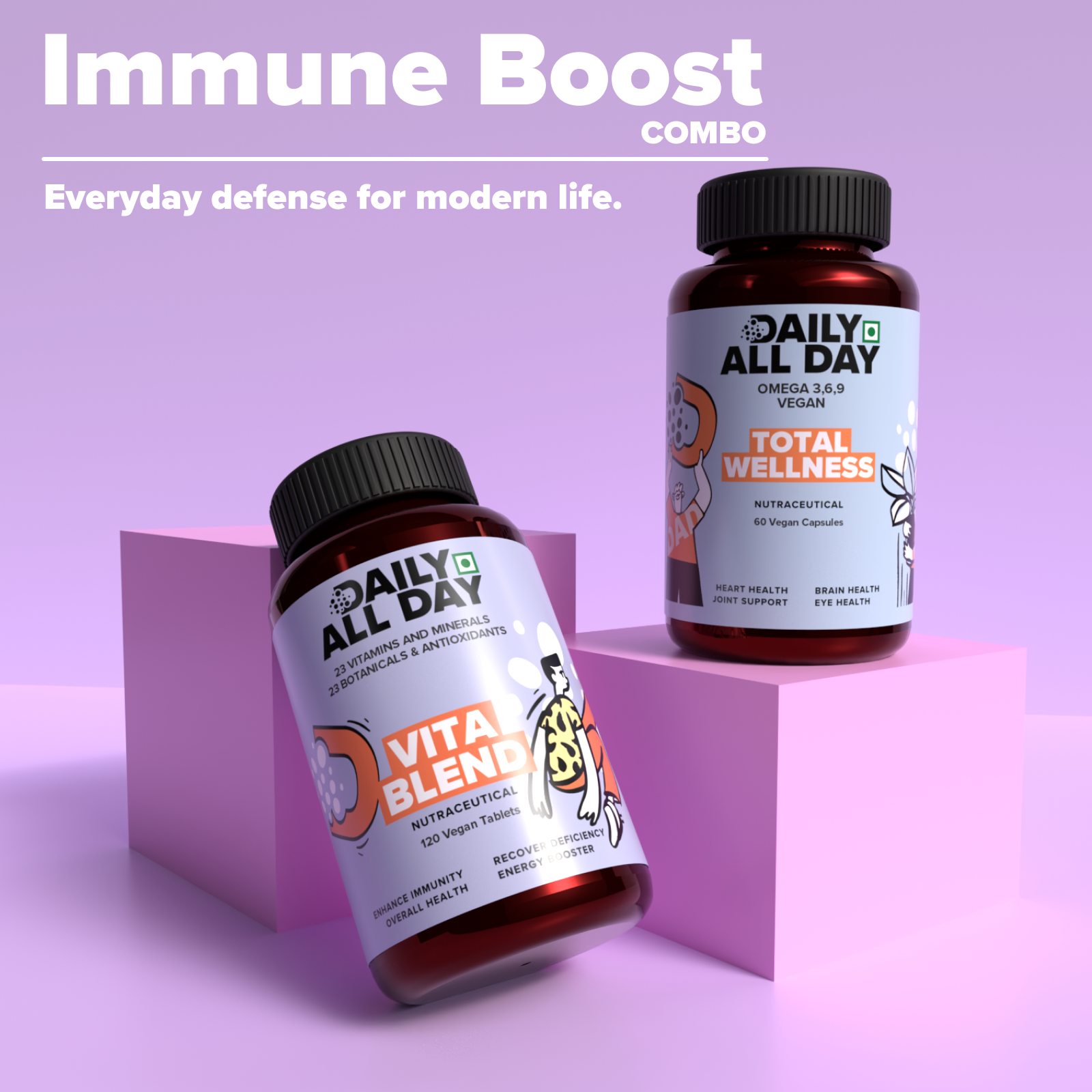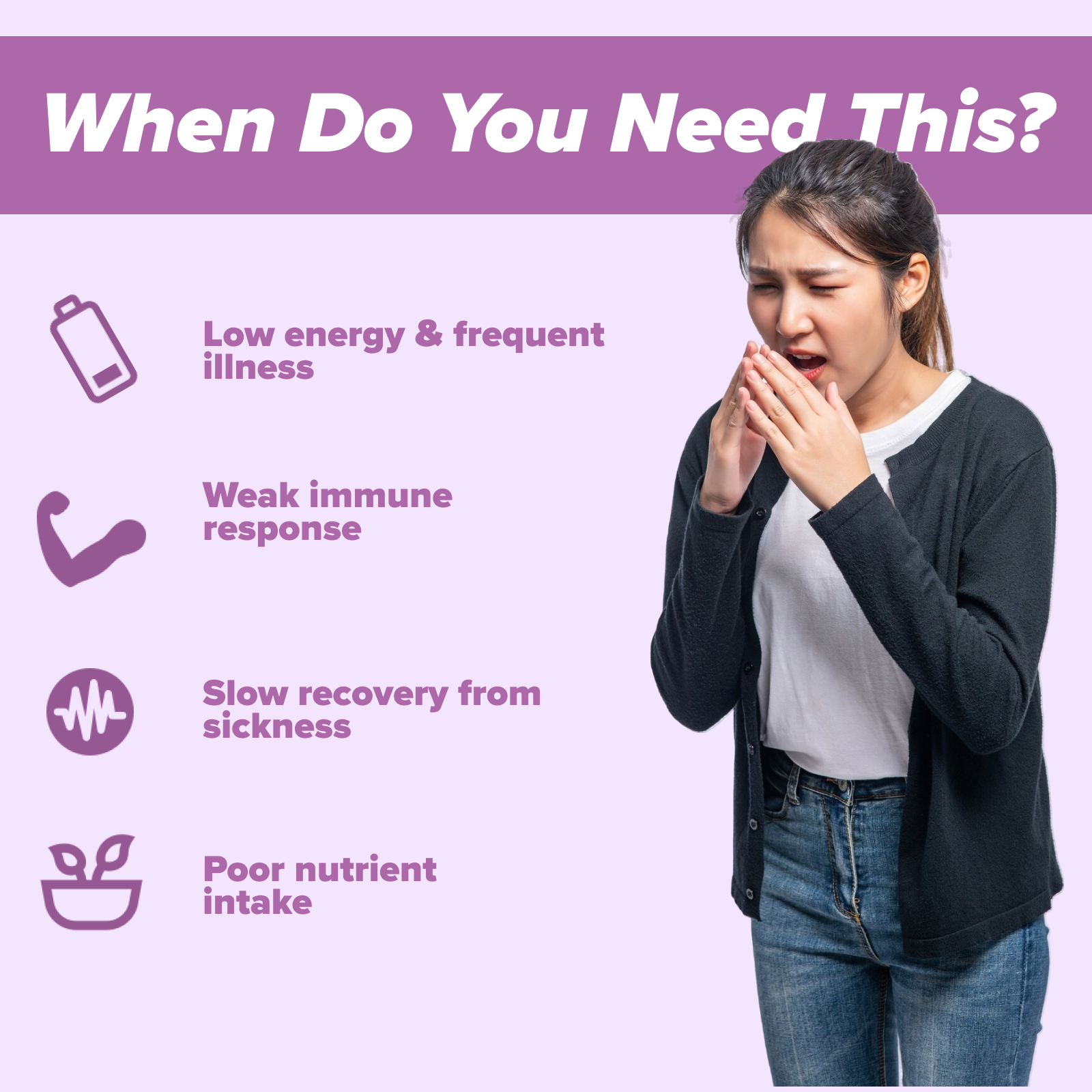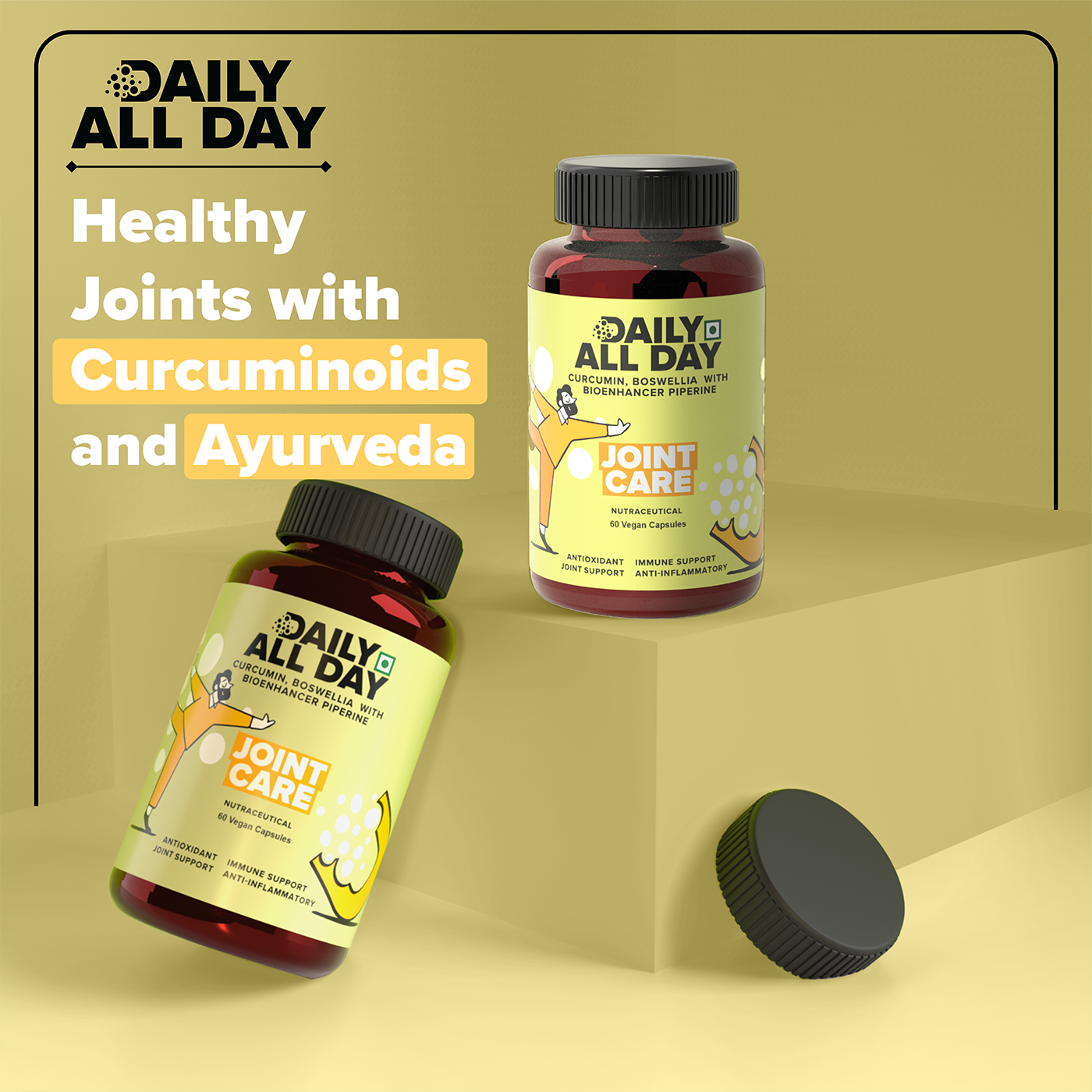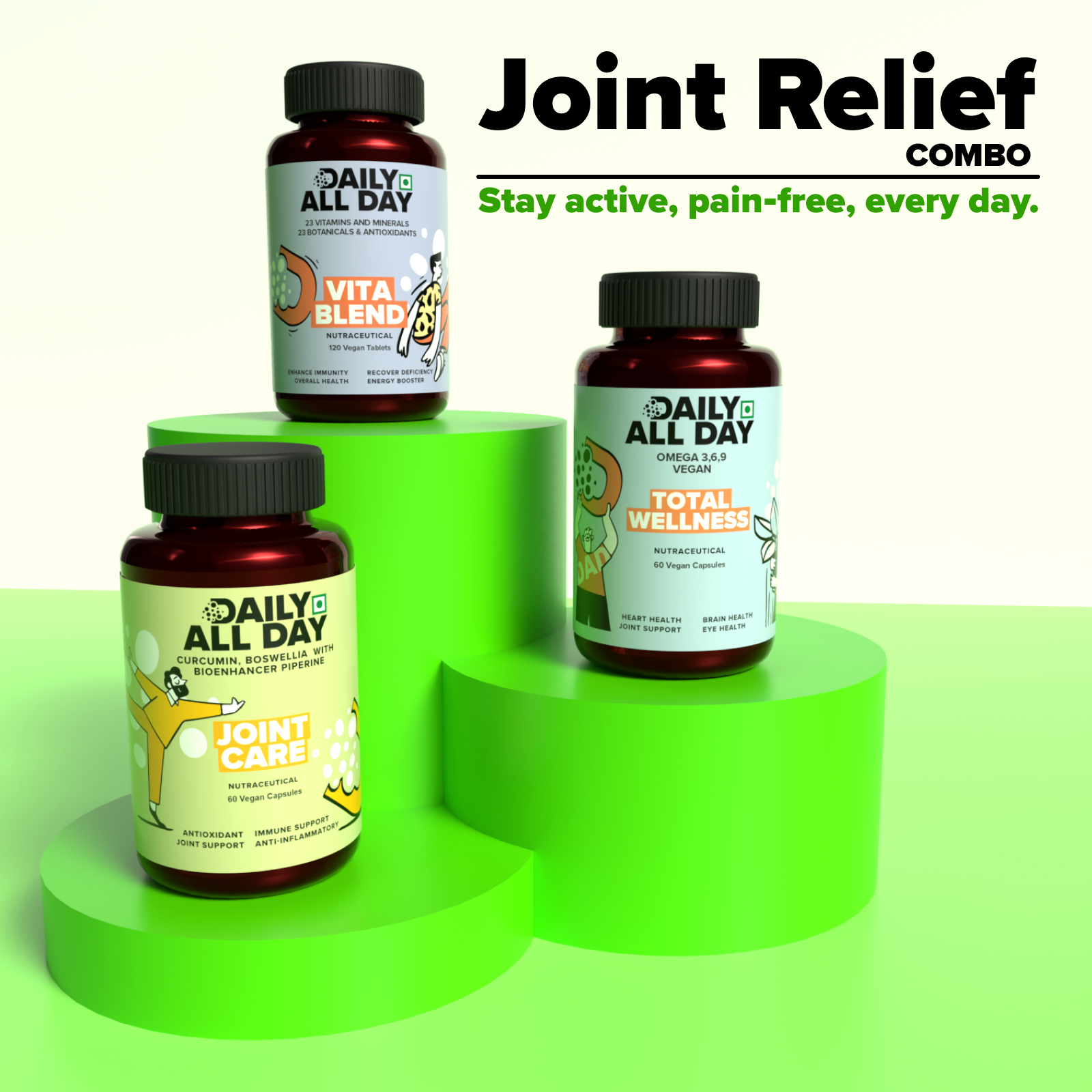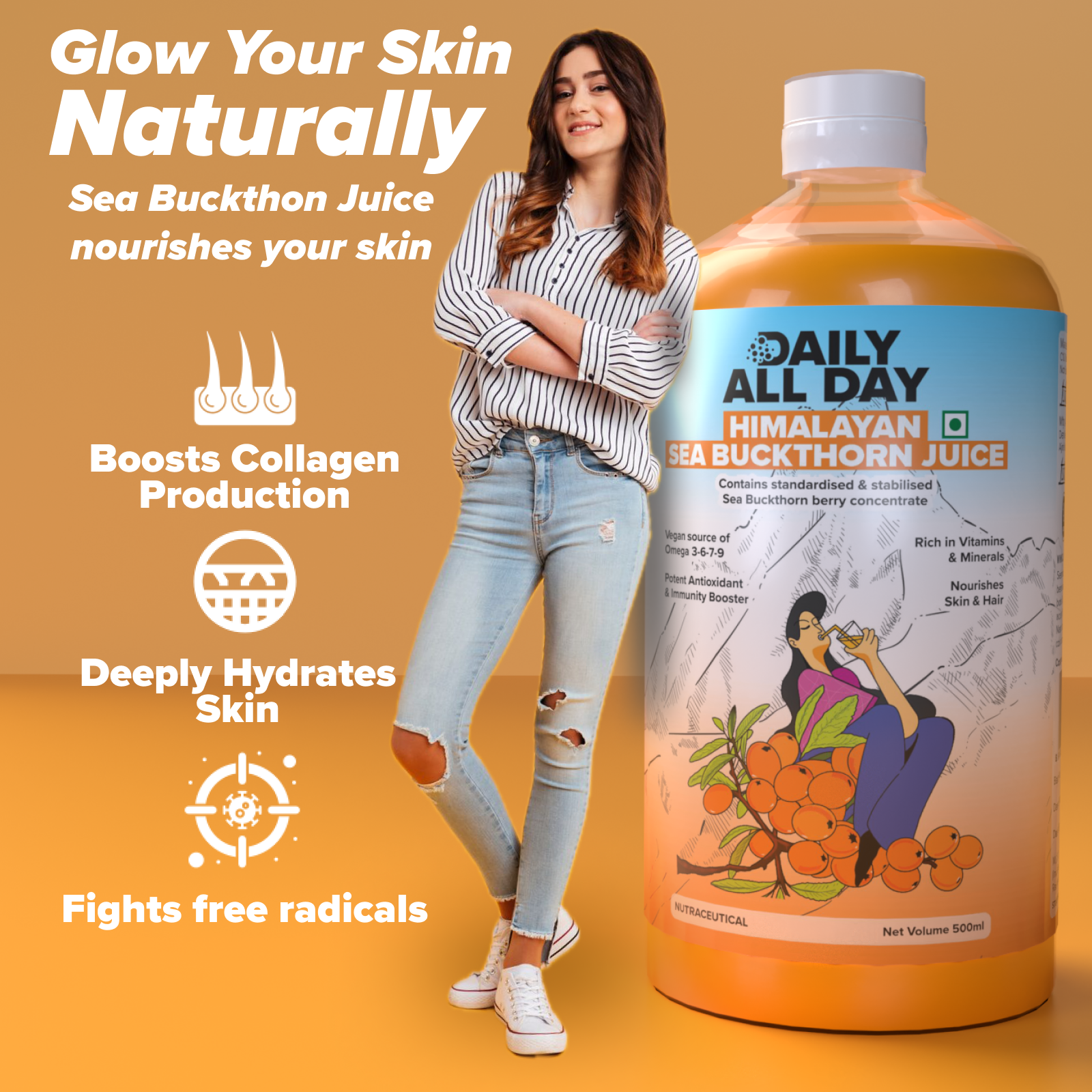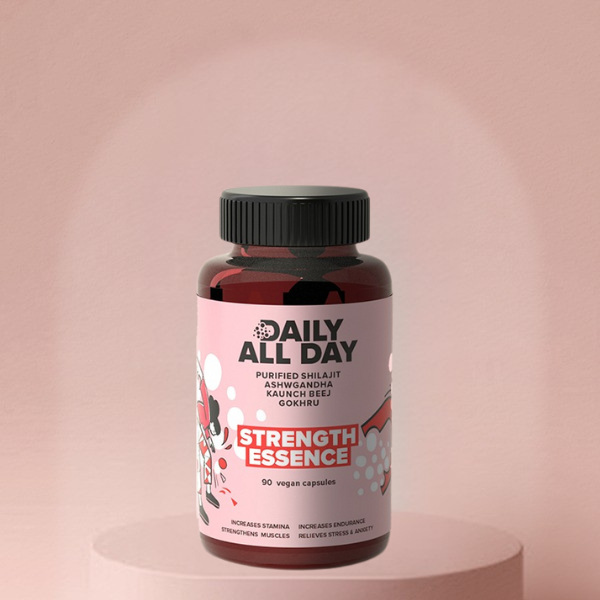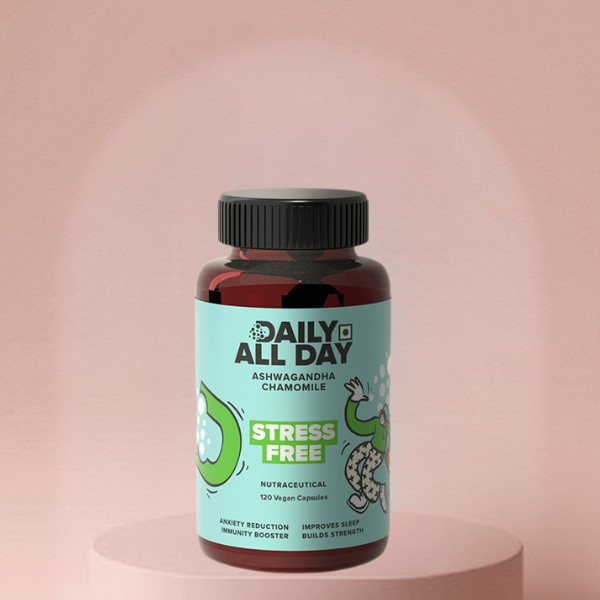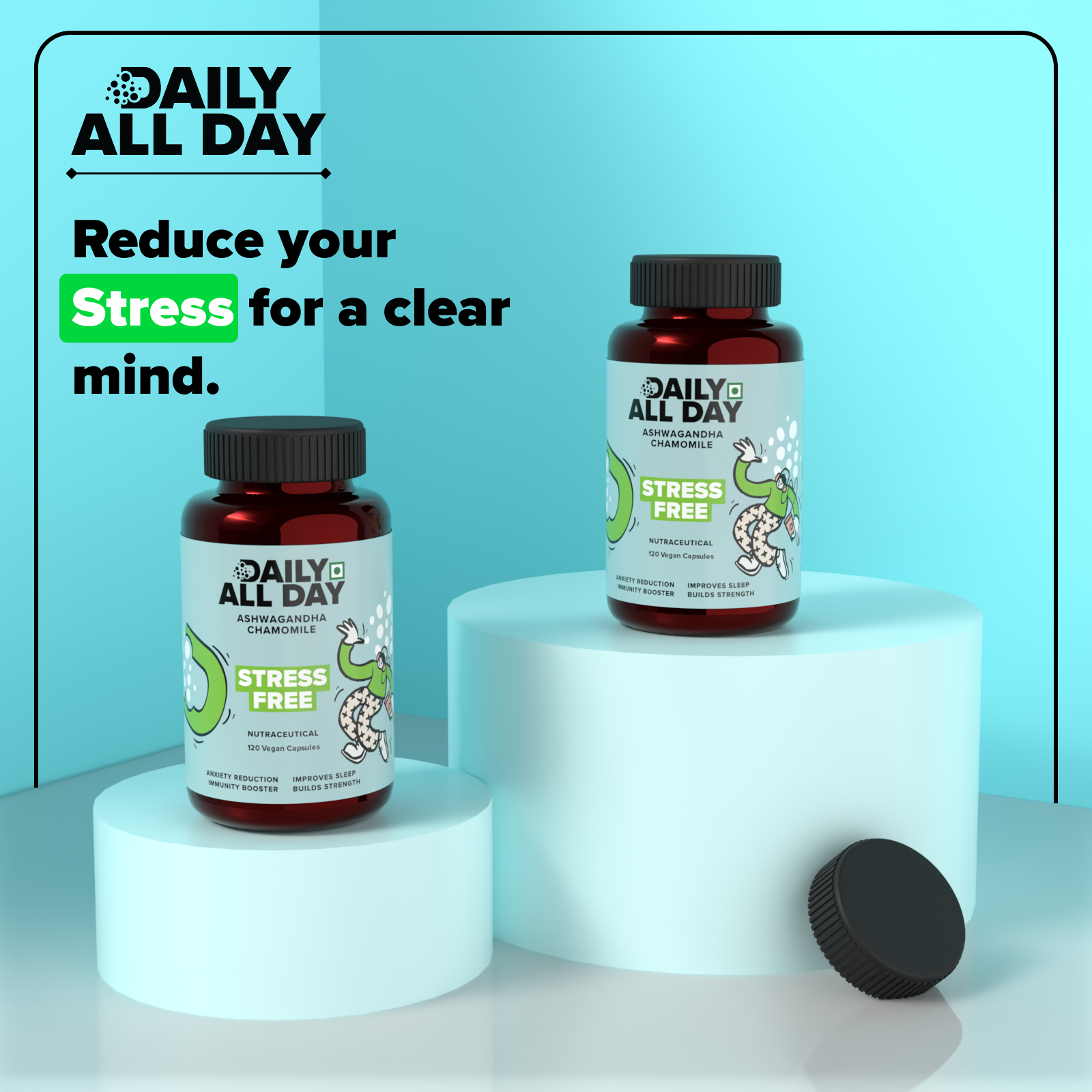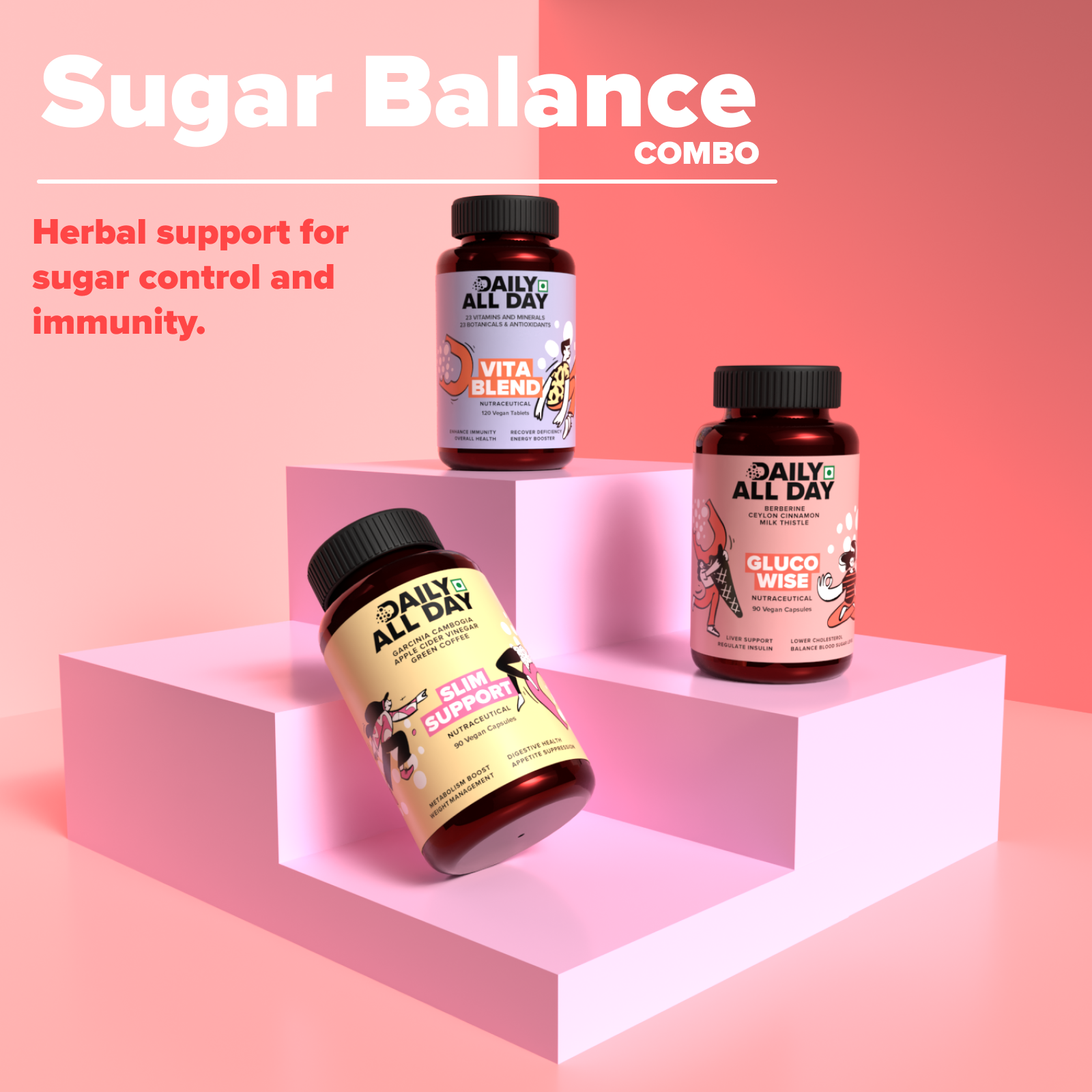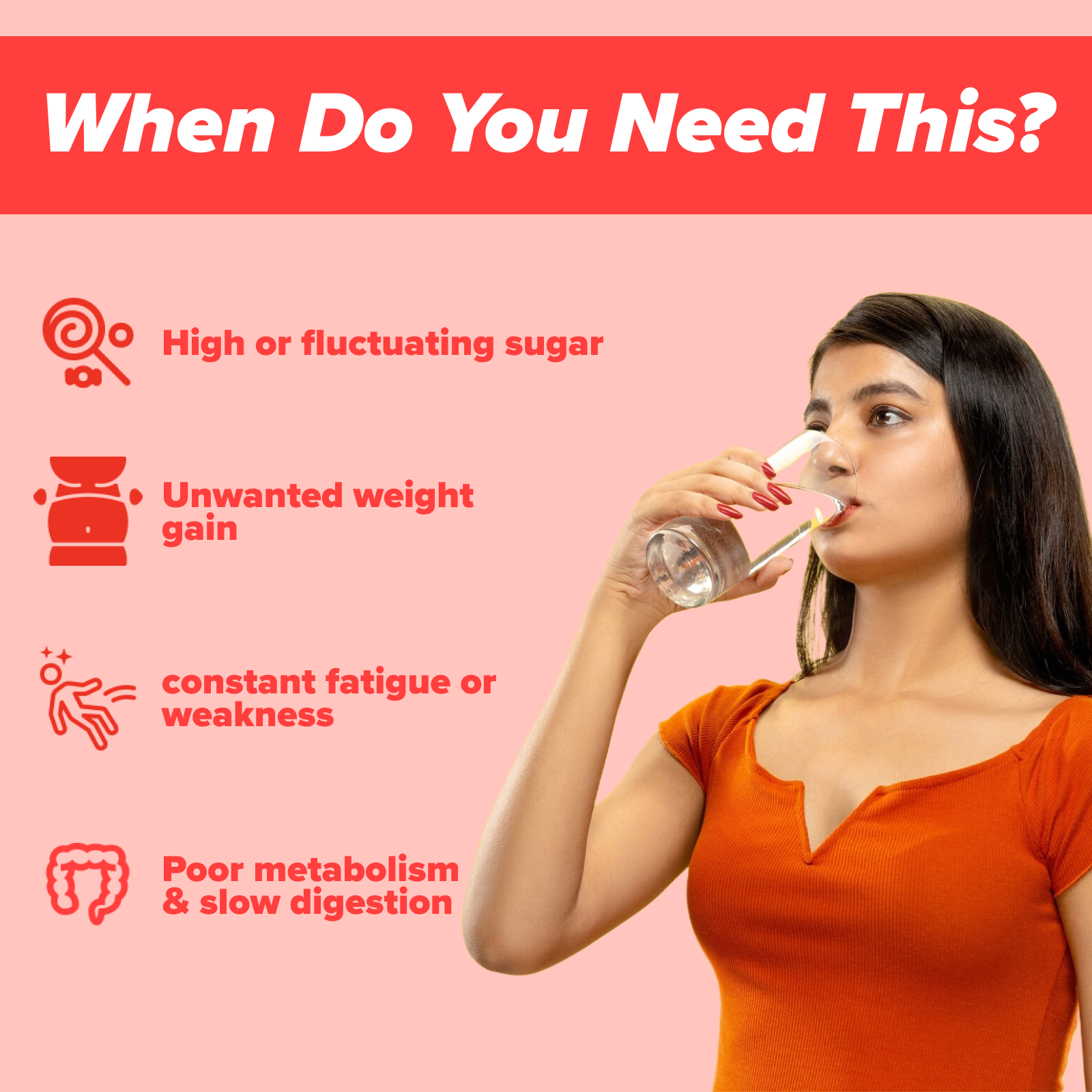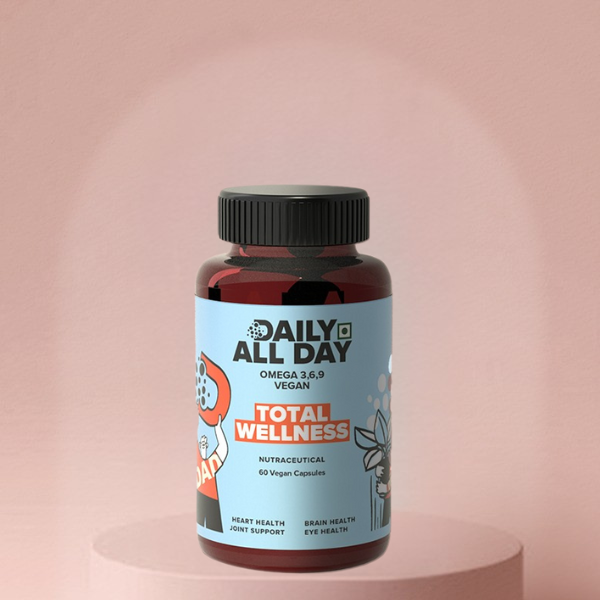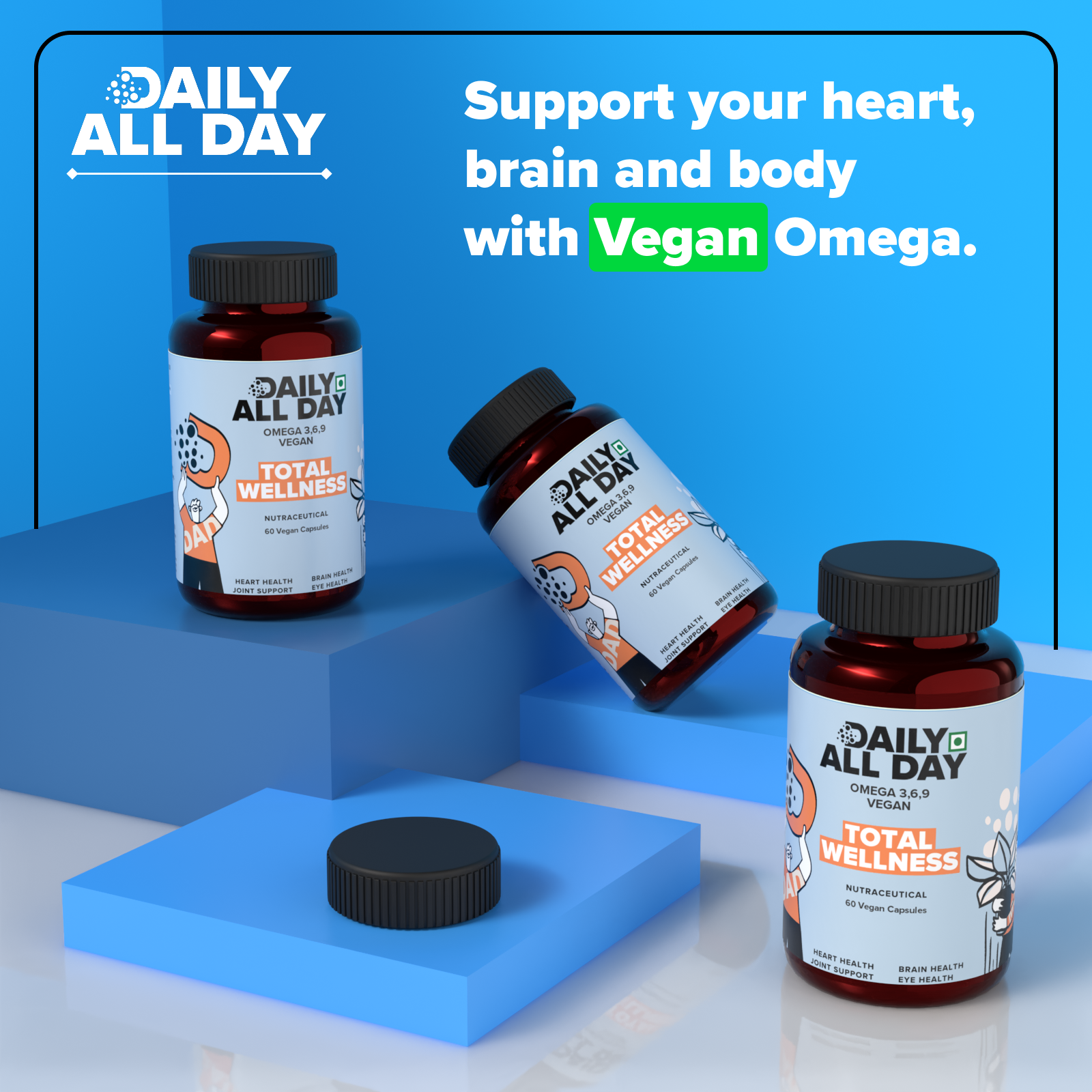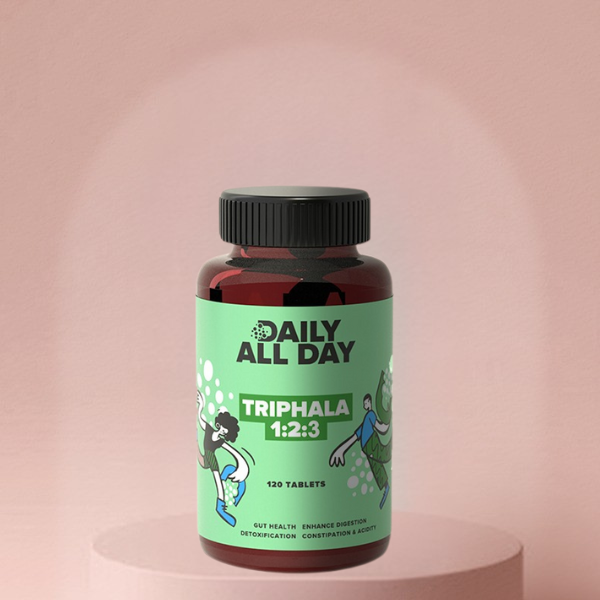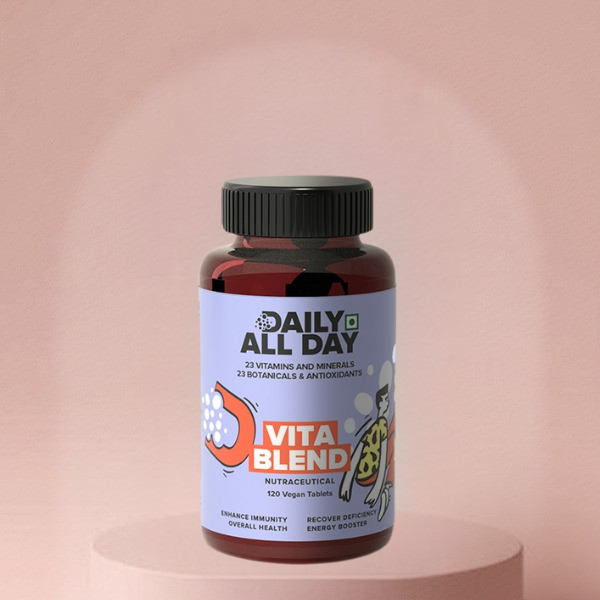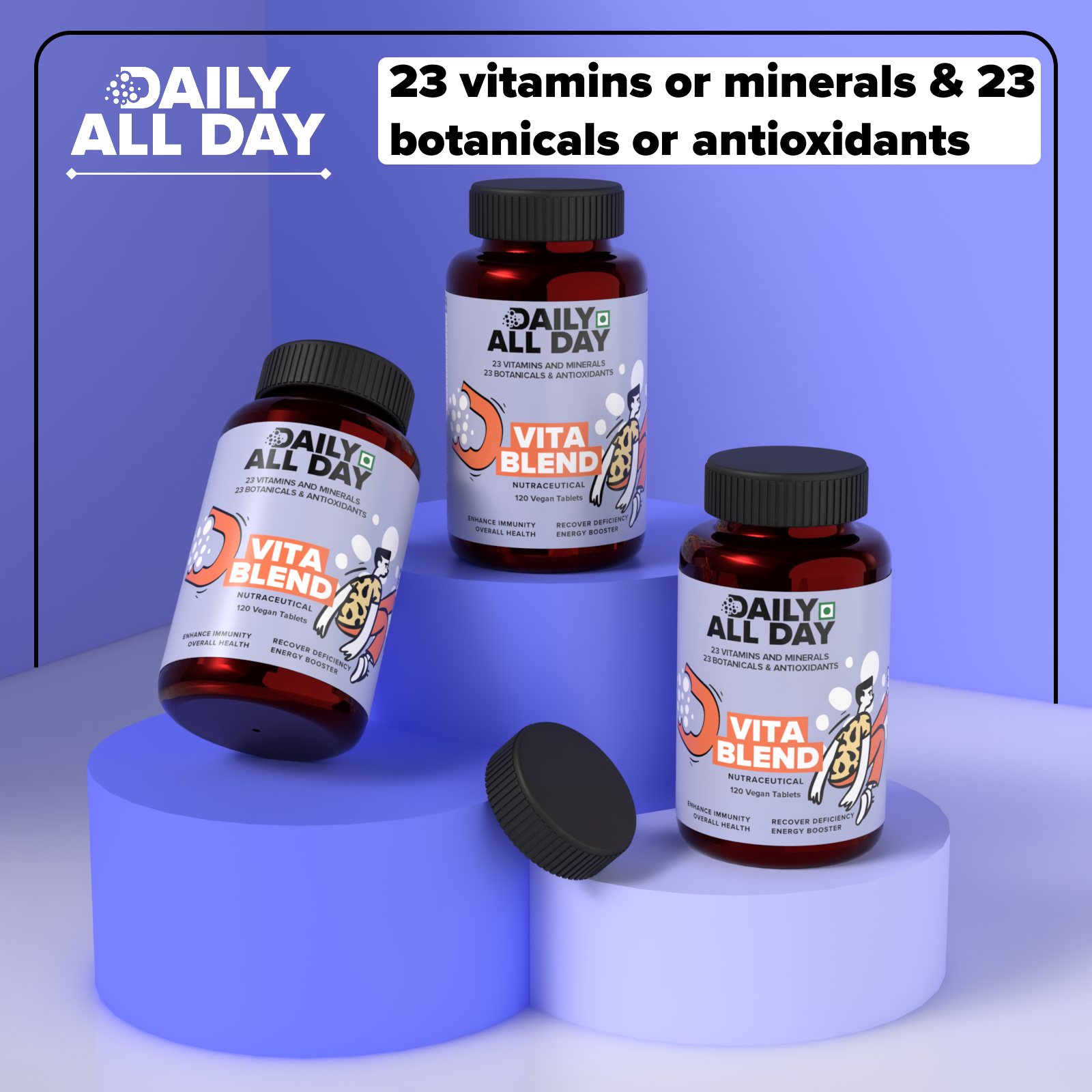Ever have one of those days where your brain feels like it’s running on dial-up? You walk into a room and forget why you’re there, or you struggle to recall a simple word that’s right on the tip of your tongue. It’s frustrating, and it makes you wonder what you can do to get your mental sharpness back. What if I told you that a specific type of fat could be the key to unlocking a clearer, faster, and healthier brain? We’re talking about omega-3 fatty acids, the incredible brain food that might be missing from your diet.
Table of Contents
- What Are Omega-3 Fatty Acids, Really?
- Ingredients Deep Dive: The Power Duo of EPA and DHA
- How Do Omega-3s Power Your Brain?
- Can Omega-3s Really Improve Memory and Mood?
- Filling Your Plate: Top Omega-3 Foods
- What People Are Asking on Quora about Omega-3 and Brain Health
- When to Consider Omega-3 Supplements
- Frequently Asked Questions
What Are Omega-3 Fatty Acids, Really?
Think of fats as having personalities. Some are villains (like trans fats), while others are superheroes. Omega-3s are definitely in the superhero category. They are a type of polyunsaturated fat, which simply means they are “good fats” that your body needs but can’t produce on its own. This makes them “essential” – you have to get them from your food or supplements.
There are three main types of omega-3s you should know about:
- ALA (Alpha-Linolenic Acid): This is the plant-based omega-3. You can find it in foods like flaxseeds, chia seeds, and walnuts. Your body can convert a tiny amount of ALA into EPA and DHA, but the process is very inefficient.
- EPA (Eicosapentaenoic Acid): This is one of the big players found mainly in fatty fish. It’s famous for its anti-inflammatory properties and its role in mental health.
- DHA (Docosahexaenoic Acid): This is the other superstar, also found in fish. DHA is a major structural component of your brain and the retina of your eye. It’s crucial for brain development and function.
Ingredients Deep Dive: The Power Duo of EPA and DHA
While ALA is beneficial, EPA and DHA are the two most important omega-3s for your brain. They work together but also have unique, powerful roles. Let's break them down.
EPA (Eicosapentaenoic Acid): The Mood Manager
Think of EPA as your brain's peacemaker. Its primary job is to fight inflammation. Chronic inflammation in the body and brain is linked to a range of problems, including depression and mood disorders. By producing compounds that reduce inflammation, EPA can help improve symptoms of depression and promote a better overall mood. Some studies suggest that supplements with a higher ratio of EPA to DHA are particularly effective for those dealing with mood-related challenges. For more on managing mental well-being, explore the connection between stress, anxiety, and natural solutions.
DHA (Docosahexaenoic Acid): The Brain Builder
DHA is the literal building block of your brain. It makes up a huge portion of the gray matter, which is responsible for processing information, memories, and emotions. DHA helps keep the membranes of your brain cells flexible and fluid, which is essential for neurons (brain cells) to send and receive signals effectively. This means better communication within your brain, leading to improved memory, learning, and focus. A good night's sleep is also crucial for brain function; learn more about how screen time can disrupt it.
How Do Omega-3s Power Your Brain?
The omega-3 fatty acids EPA and DHA are critical for normal brain function and development throughout all stages of life. They are abundant in the cell membranes of brain cells, preserving cell membrane health and facilitating communication between these cells.
Imagine your brain cells are like tiny messengers. For them to talk to each other quickly and clearly, they need healthy, flexible outer layers (membranes). DHA is a key component of these membranes. Without enough DHA, the membranes can become stiff, slowing down communication. This can lead to that “brain fog” feeling, poor memory, and difficulty concentrating.
Low levels of omega-3s, particularly DHA, have been linked to a smaller brain size in older adults, which is a sign of accelerated brain aging. It's clear that getting enough of these healthy fats is essential for keeping your brain in top shape for years to come.
Can Omega-3s Really Improve Memory and Mood?
The science is very promising. While omega-3s may not be a magic cure for severe conditions like Alzheimer's disease, research has shown significant benefits for milder cognitive issues and mood problems.
- Mild Memory Loss: Several studies suggest that taking omega-3 supplements can improve brain function in people with mild cognitive impairment or age-related memory decline. One study found that older adults taking 900 mg of DHA daily performed better on memory and learning tests after 24 weeks.
- Depression and Mood: A diet rich in omega-3s is linked to a lower risk of depression. For those already experiencing symptoms, supplements—especially those higher in EPA—have been shown to improve mood, sometimes as effectively as antidepressant medications, but with fewer side effects.
- Brain Development in Children: Omega-3s are crucial for a baby’s developing brain. Pregnant women who consume enough omega-3s often have children who score higher on intelligence and brain function tests in their early years.
Filling Your Plate: Top Omega-3 Foods
Want to boost your intake naturally? The best way is through your diet. Here are some of the top omega-3 foods to add to your grocery list:
- Fatty Fish: Salmon, mackerel, herring, sardines, and anchovies are packed with EPA and DHA. Aim for two servings a week.
- Flaxseeds: A great plant-based source of ALA. Grind them up to add to smoothies, oatmeal, or yogurt.
- Chia Seeds: Another ALA powerhouse. They are great for making puddings or adding to drinks.
- Walnuts: The perfect brain-boosting snack, rich in ALA.
- Soybeans: Edamame and tofu are good sources of ALA.
What People Are Asking on Quora about Omega-3 and Brain Health
Curious what others are asking? We've gathered some top questions from Quora to give you more insight.
I want to know about Omega 3. How does it benefit the brain?
- Users on Quora confirm that EPA and DHA are vital for proper brain functioning and development. DHA, in particular, is highlighted for its role in slowing down cognitive decline.
How does Omega-3 affect your brain?
- Experts explain that omega-3s influence the brain through structural, functional, metabolic, and anti-inflammatory pathways. This comprehensive action supports overall brain health.
Do omega 3 fatty acids help elevate brain function?
- The consensus is yes! Scientific studies show that DHA and EPA help improve cognitive abilities. They are considered the best nutrients for brain development and enhanced function.
Do Omega-3s improve memory and thinking skills?
- The answer is a resounding yes. Since omega-3s support good brain health, they also support its core functions, including thinking and memory. EPA is noted for its ability to lower inflammation, which benefits cognitive function.
When to Consider Omega-3 Supplements
Most people don't eat the recommended amount of fatty fish. If you're a vegetarian, vegan, or just not a fan of seafood, you are likely falling short on EPA and DHA. This is where a high-quality supplement can be incredibly helpful.
When choosing a supplement, look for one made from fish oil or algae oil (a vegan source of EPA and DHA). Check the label for the amount of EPA and DHA per serving, not just the total amount of fish oil. The best omega-3 supplement will provide a meaningful dose of these two key fatty acids. High-quality omega-3 capsules or omega-3 tablets offer a convenient way to ensure you're getting what your brain needs every day. As always, it's a good idea to chat with your doctor before starting any new supplement.
Our Top Pick for Your Brain Health
Ready to give your brain the support it deserves? Our Omèga 3 capsules are expertly formulated to deliver a potent dose of EPA and DHA, sourced from pure, high-quality fish oil. They are designed for maximum absorption, so you can feel confident you’re nourishing your brain with the best. Click here to learn more and take the first step toward a sharper, healthier mind.
Frequently Asked Questions
1. What exactly are omega-3 fatty acids?
- They are essential polyunsaturated fats that your body needs for many functions, especially brain health. The three main types are ALA, EPA, and DHA. Your body can't make them in sufficient amounts, so you must get them from your diet.
2. What's the difference between EPA and DHA?
- DHA (Docosahexaenoic acid) is a major structural component of the brain and is vital for memory, learning, and cognitive function. EPA (Eicosapentaenoic acid) is primarily known for its anti-inflammatory effects and its role in improving mood and reducing symptoms of depression.
3. Can I get enough omega-3s from a vegetarian or vegan diet?
- You can get ALA from plant sources like flaxseeds, walnuts, and chia seeds. However, the body's conversion of ALA to the more critical EPA and DHA is very limited. Vegans and vegetarians should consider an algae-based supplement, which is a direct source of both EPA and DHA.
4. How long does it take to see benefits from taking omega-3 supplements?
- It can vary from person to person. Some people may notice improvements in mood or focus within a few weeks, while for others, especially for cognitive benefits, it may take a few months of consistent use to build up levels in the body and see a noticeable difference.
5. Are there any side effects of taking omega-3 capsules?
- Omega-3 supplements are generally very safe. The most common side effect is a fishy aftertaste or “fish burps,” which can often be minimized by taking the capsules with meals or choosing an enteric-coated brand. High doses can have a blood-thinning effect, so if you are on blood-thinning medication or have a scheduled surgery, consult your doctor first.

In the quest for a sharper mind and a more stable mood, the science is clear: Omega-3 fatty acids are not just a nice-to-have; they are essential. These powerful nutrients, particularly EPA and DHA, are the fundamental building blocks of our brain cells. They support everything from memory and learning to emotional well-being. Throughout our lives, from the earliest stages of development to our senior years, ensuring an adequate intake of Omèga 3 is vital for maintaining cognitive function and protecting against age-related decline.
While incorporating omega-3 foods like fatty fish, walnuts, and flaxseeds into your diet is a fantastic first step, our modern lifestyles can make it challenging to get the optimal amount consistently. This is where high-quality omega-3 supplements come in. They provide a reliable and convenient way to bridge the nutritional gap, ensuring your brain gets the steady supply of EPA and DHA it needs to thrive. Choosing the best omega-3 supplement, like our specially formulated omega-3 capsules, can be a game-changer for your mental clarity and overall health. Don't let brain fog or memory slips hold you back. Empower your brain with the nourishment it deserves and feel the difference.

